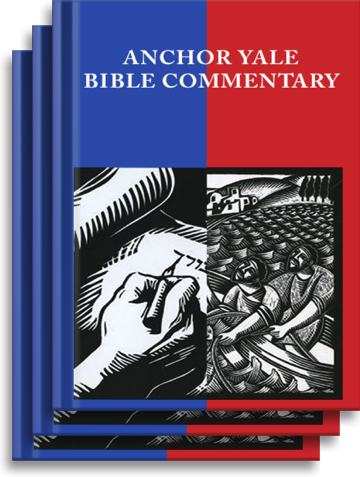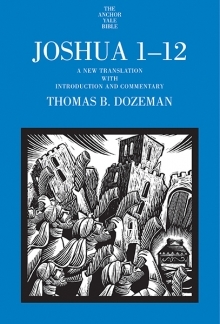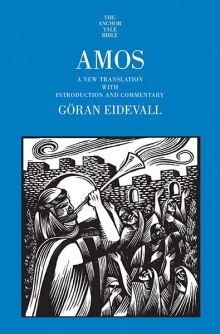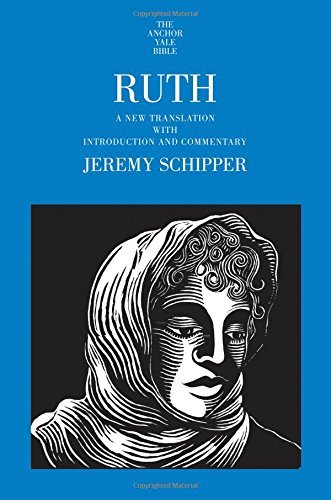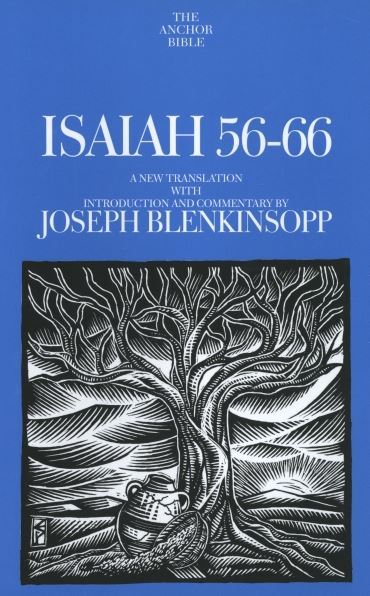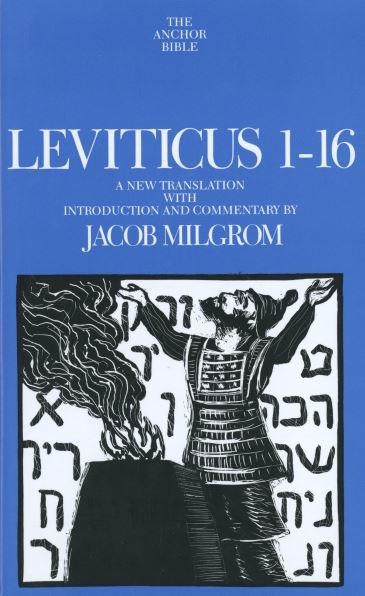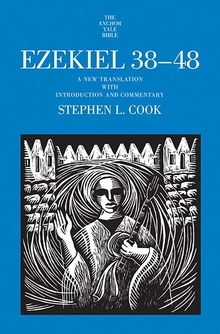



Were Jonah's experiences true to the history of ancient Israel? Were they meant to be read comically, philosophically, allegorically, symbolically, or realistically? And is God godly when acting beyond the comprehension of prophets, let alone ordinary human beings?
These issues, and many more, are thoughtfully considered in this meticulously detailed and insightful translation of the original Hebrew text of Jonah as created by Jewish authorities during the second half of the first millennium B.C.E. In these profound and enduring tales, realistic events and miraculous incidents merge, and we never have to wait long to witness the power of God's love or wrath.
One of the twelve prophets, Jonah faced more challenges in a short span of time than any other biblical hero. He went to sea and nearly drowned in the belly of a great fish. On land, Jonah journeyed east to Nineveh, where his mission was to spread the word of God in a city plagued by evil. He was tested by God at every turn. But even during his darkest hours, his faith never wavered and through all the tumult, he always listened for the comforting voice of the Lord.
Author Jack M. Sasson employs the very latest information in biblical scholarship to interpret the many nuances in Jonah's seemingly simple story. Providing Greek, Hebrew, Latin, Aramaic, and, occasionally, Syriac and Arabic translations, this Anchor Bible Commentary volume is an exciting addition to the world-acclaimed series.
Jack M. Sasson is currently the Mary Jane Werthan Professor of Judaic and Biblical Studies, Professor of Classics, and Director of Jewish Studies at Vanderbilt University.THE ANCHOR YALE BIBLE COMMENTARY SERIES is a project of international and interfaith scope in which Protestant, Catholic, and Jewish scholars from many countries contribute individual volumes. The project is not sponsored by any ecclesiastical organization and is not intended to reflect any particular theological doctrine.
The Anchor Yale Bible is committed to producing commentaries in the tradition established half a century ago by the founders of the series, William Foxwell Albright and David Noel Freedman. It aims to present the best contemporary scholarship in a way that is accessible not only to scholars but also to the educated nonspecialist. Its approach is grounded in exact translation of the ancient languages and an appreciation of the historical and cultural context in which the biblical books were written supplemented by insights from modern methods, such as sociological and literary criticism.
